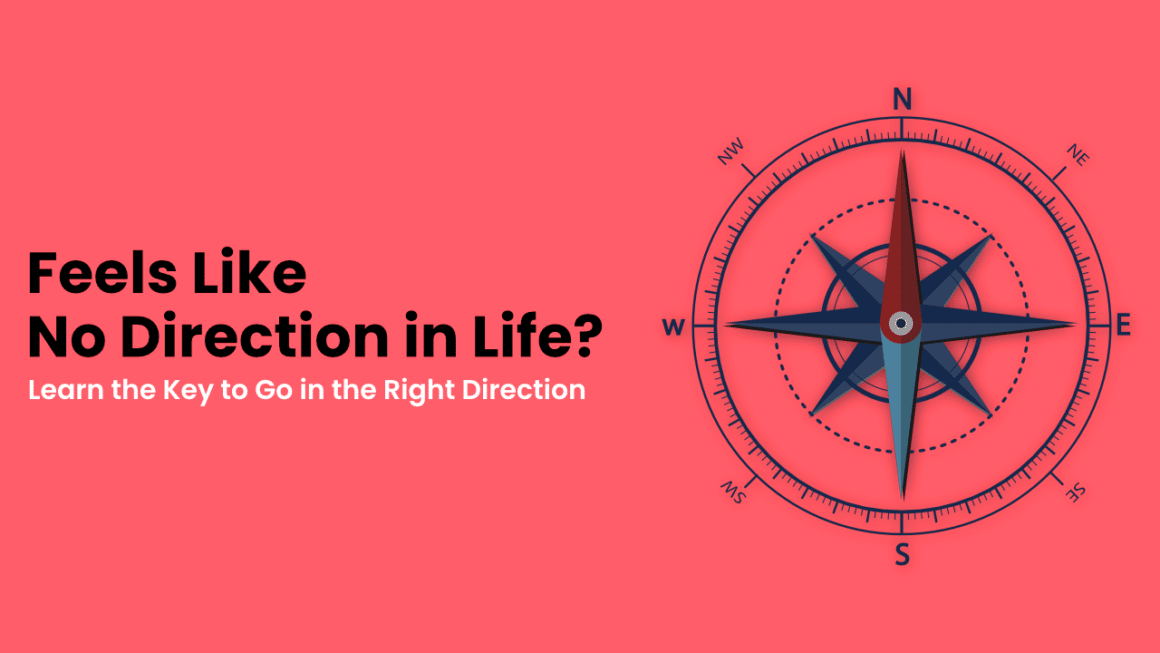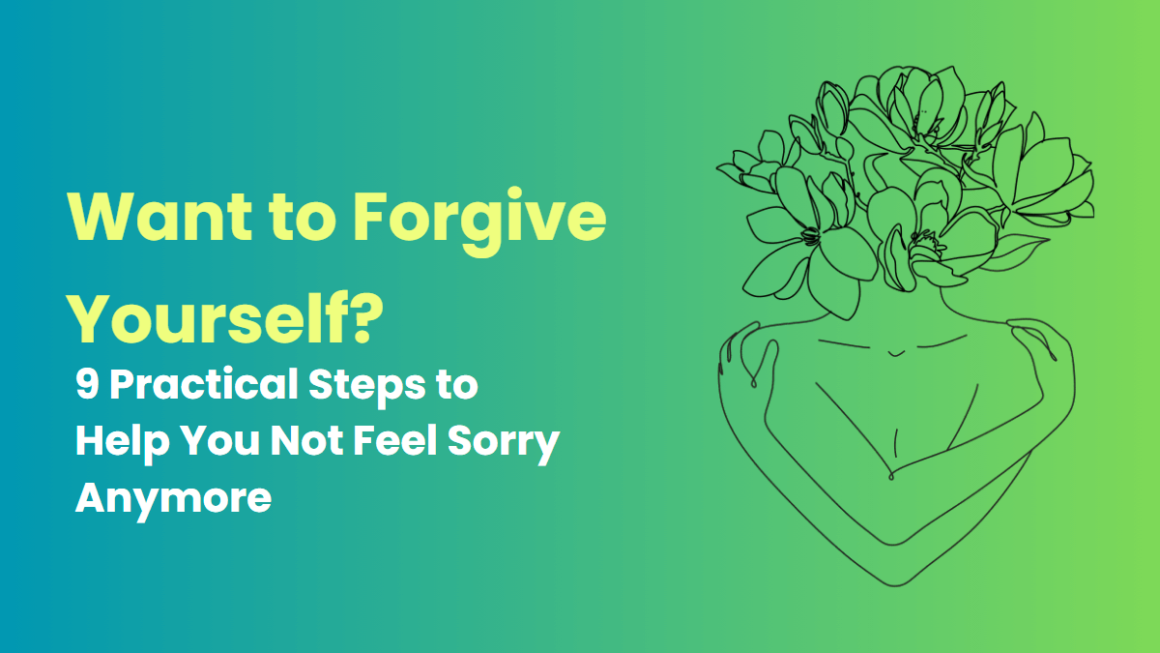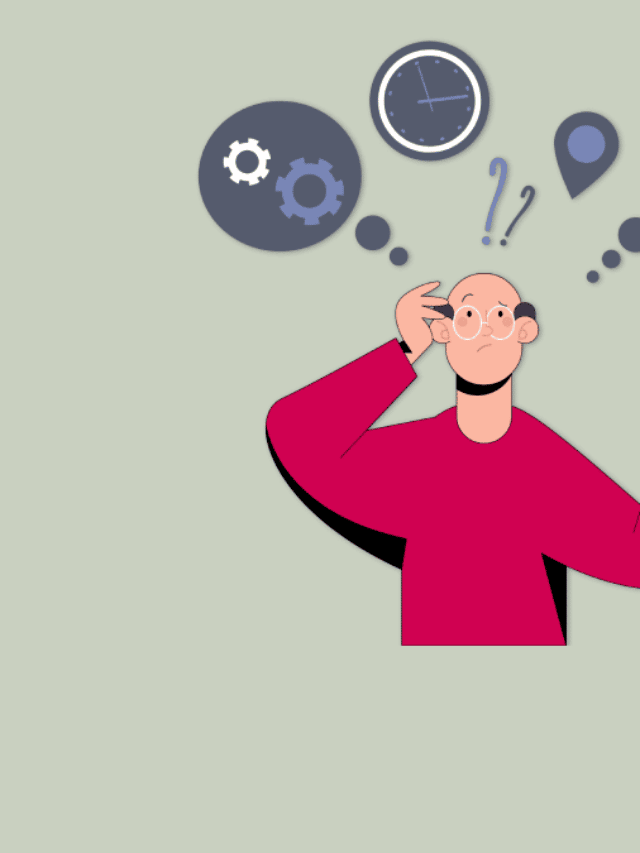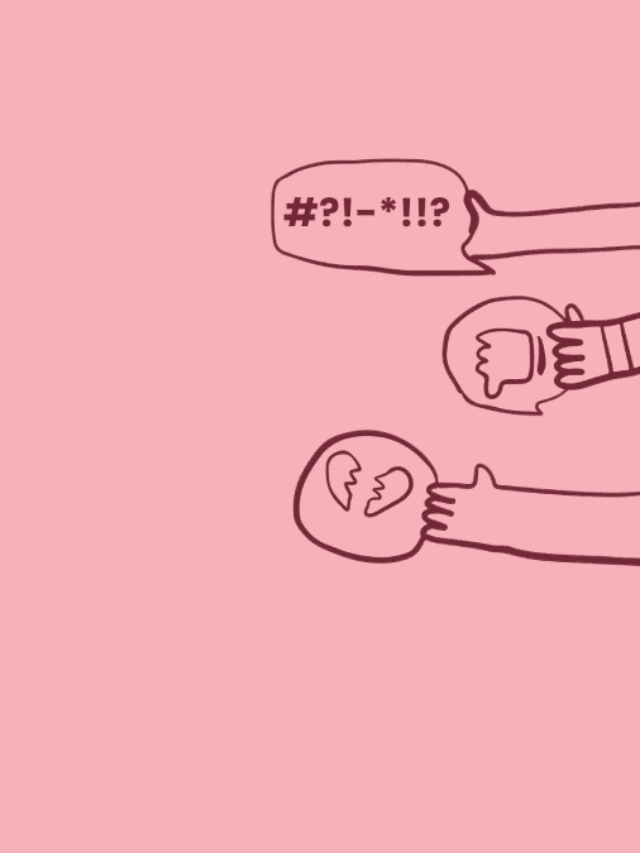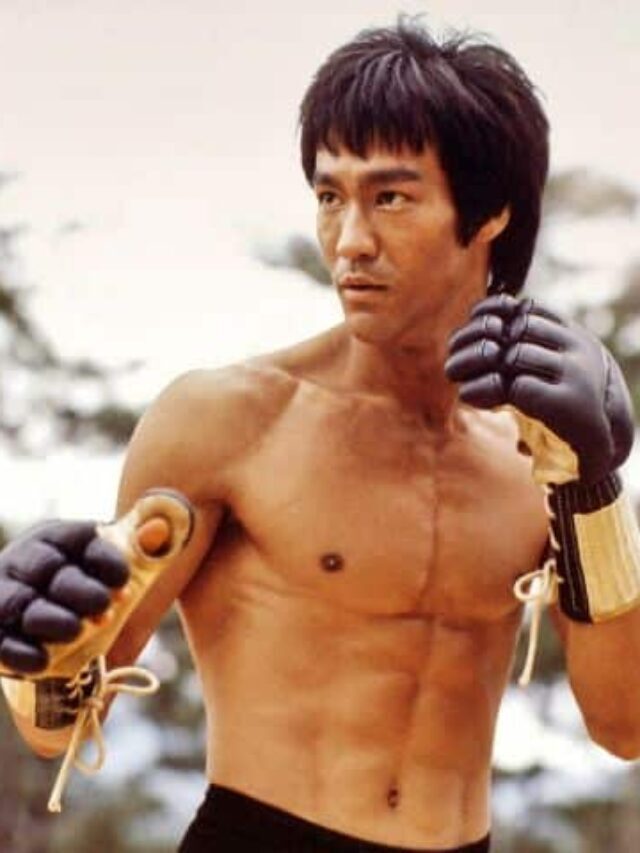Call it second-guessing or conscious thinking. Once in a lifetime, every person gets him/herself caught in between overthinking.
Where we argue our own decision either after making it or before it.
This process could take our lots of time and result in nothing. I recently read a book called, “Don’t Overthink It,” By Anne Bogel, which came out in March 2020.
From this book, I learned something incredible: if I share with you, I think it will answer the question of how to stop overthinking.
And you’d be able to overcome your overthinking problem.
Let’s see what I’ve learned.
6 Takeaways From the Book Don’t Overthink It by Anne Bogel
1) Try It and See What Happens
The reason we overthink most of the time is that there are multiple options piled down in front of us, and we are unable to choose one.
Why can’t we choose?
Because we attach a storyline to the outcome of each choice. We can’t decide what we want.
So, to overcome this problem, all you have to do is pick one from any and try it and see what happens! Don’t overthink, just let it go.
Also, don’t make any assumptions because there’s never a certainty that what you think would definitely happen.
Life is unexpected, and full of challenges.
We never know where our one decision would lead us. All we can do is try and see what happens. And accept whatever might come.
2) Kill the Perfectionist Boy
Here I’m not talking about Bollywood star Aamir Khan, haha! Else I am talking about the one in ourselves.
The one who only wants perfect in everything, everywhere.
And this is what causes the problem. It inserts the habit of overthinking everything in our minds. We try and try and try to make things perfect that finally put ourselves in the loop of overthinking where we can’t decide when to stop.
Thus swallowing most of the valuable time and delivering a little or nothing.
Therefore, don’t overthink it and simply work or complete the task you have without the need of making it perfect.
3) Take Action and Don’t Overthink It
Nothing can overcome action.
Whatever the life situation is, our action defines our past, present, and future. And this is the same in the case of overthinking.
Till you don’t take action for whatever the reason is, you keep overthinking.
For example, if you want to apologize to someone and don’t take action for it, you keep overthinking.
You’d think about what other people would say. Whether or not they accept your apology. What if and bla bla bla.
You’d think about many things.
But as soon as you take action, you’re free from the overthinking disease that leads a person to have anxiety attacks.
You May Also Like
4) Values
According to Anne Bogel, when we care about a person, we participate in an event or something organised by our family or friend. True, but after reading this, I created my own point, i.e., values come before action. And there are 2 types,
- We care about that person or community:
Exactly as Anne Bogel said.
- Our values are influenced by someone we care about:
How? Read this → For example, I don’t want to go to my cousin’s wedding. But when my mother insisted that I should attend the function, I would do it. Because I care about my mum’s feelings and values.
5) Experience Is Greater Than Money
Heading defines itself.
Perhaps money can buy you a big house, luxury car, and many expensive things, but it can’t buy the feeling you’d feel in a particular situation.
So, if it takes a little extra to make your loved one happy, do the spending.
6) Allow Generosity
We find ourselves overthinking every time we see a beggar standing in between traffic signals. Knocking our car windows or coming in our way if we’re walking.
Our hearts pump down, and we want to do good.
But then we start to think about the outcome if we give that poor a penny. How’s he/ she would spend it? What if they buy drugs or do something worse?
Nonetheless, according to Anne Bogel, when generosity kicks in, don’t think about its outcome.
Because our responsibility is only limited to that moment, not after it.
Our responsibility is to decide whether to give a poor person a $10 note or not. And if you want to become generous, you do it regardless of any expectation and outcome.
The more you’d do it, the more you’d become a better generous person.
The Final Thing About Don’t Overthink It
That’s it, that’s what I remembered from the book, Don’t Overthink It by Anne Bogel. I think it’s a good book from which you can learn other than what I wrote down in this tiny article.
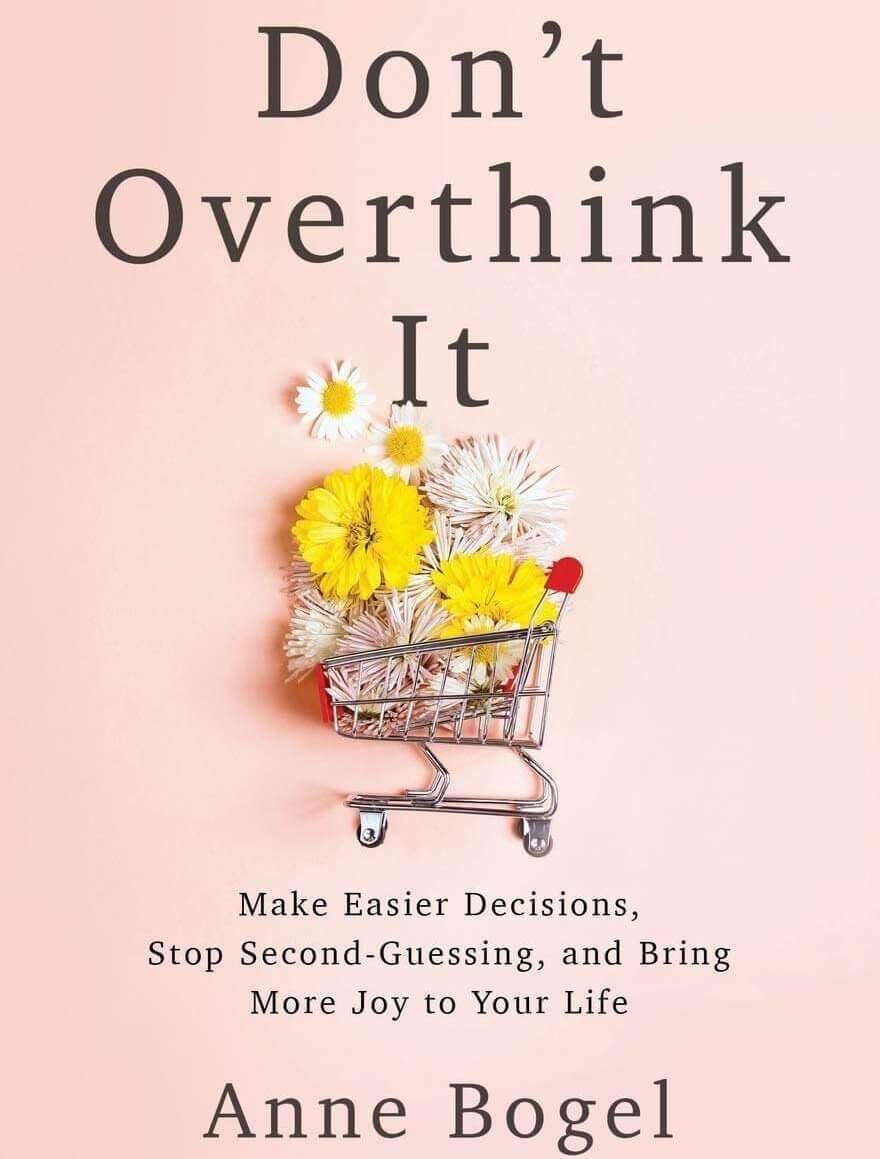
If you want to understand your overthinking problem and try to practice something to overcome it, then you should purchase this book from an online or offline bookstore. I loved listening to Don’t Overthink It and I’m sure you’d, too.
Thanks
Nathawat Brothers
Putting thoughts for everyone
